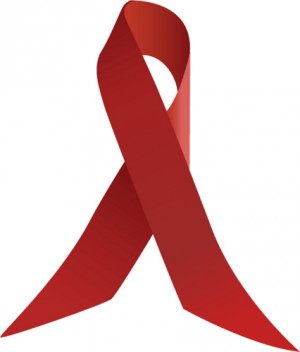First lady Michelle Obama started her “Let’s Move” campaign in part because people under the age of 25 are the first generation of Americans who are expected to live shorter lives than their parents, due to diet-related health issues. Last week, in a five-part series called, “The Heavy Burden Of Childhood Obesity” WAMU’s Kavitha Cardoza and Ginger Moored interviewed overweight children, their families and the doctors who are trying to help. I spoke to Kavitha to find out more about how race and class complicate the already challenging task of addressing obesity in some of D.C.’s youngest citizens.
Kavitha, you mentioned a clinic where the patients include a child who can’t bite a carrot because her teeth have rotted from her diet.
That’s an issue. One of the doctors told us they keep telling kids to eat more fruits and vegetables, yet this girl can’t eat carrots because her teeth have rotted and it hurts her. So some of these kids just can’t. It’s really hard for families. There was a 3-year waiting period for one obesity clinic. Meanwhile, a boy is putting on 4 lbs a month, can you imagine what a three year waiting period would mean? Three years x 4 lbs a month, think of how bad his problems will be.
Tell me about the family that did have access to a clinic; they saw a doctor who spent an unusual amount of time with them, right?
The doctor patiently spent 90 minutes with that family, trying to teach them about nutrition…they hadn’t even left her office and they were opening up and eating food. They’re just little children, of course if they see an Oreo, they want to eat it. And there was so much going on during that appointment…the Mom was braiding her kids hair, two little boys were playing, there were babies. After, the Doctor said, “You know, I have relatives who are obese. In my practice, I see single-parent, low-income families like the one I came from. A lot of people give up on families like that and I never want these families to feel like I’ve given up on them.”
What was the purpose of that visit, specifically?
At that appointment, the doctor was trying to explain nutrition labels. She told them not to worry about saturated and unsaturated fats at this point, because it’s too complicated. She said during the last visit, she explained calories. This time it was grams of sugar. She thinks they will get to a point where they do talk about fat. But it’s not just them–many of us are unaware of how unhealthy what we eat can be…5 grams is one spoon of sugar? I certainly didn’t know that. I grew up in an urban city, in Bangalore. Ginger, my producer, grew up on a farm in Virginia, and our connections to food are very different. She eats fruit and I eat chips and chocolate. I felt like a living test case. I’m not overweight, so it didn’t occur to me, how bad some foods can be.
In one story, you met a child who often has to be excused from class to go to the bathroom because his weight is putting pressure on his bladder– so obesity is now affecting that child’s school work, too. I thought, “What is he missing when he’s out of the room?”
He’s definitely missing things. Also, of all the things to be mocked for at that age…going to the bathroom? Anything related to bodily functions is hilarious to these children and this kid is going to the bathroom multiple times during the day.
Continue reading





